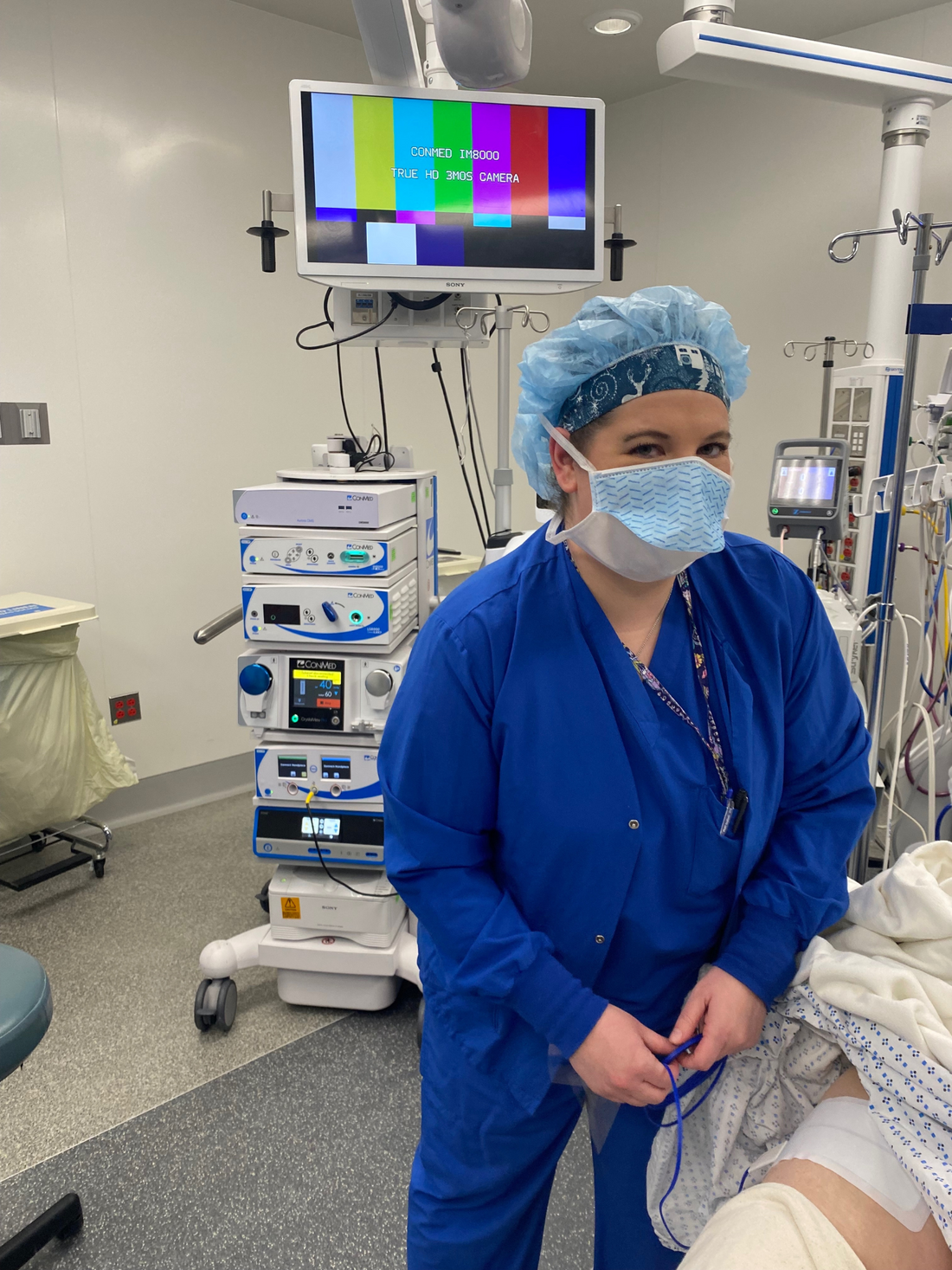Picture this: you're in the operating room, surrounded by doctors, nurses, and an array of medical equipment. The tension is palpable, and the stakes are high. In the midst of this organized chaos, there's one person who keeps everything running smoothly—the circulating nurse. The surgeon may be the star of the show, but the circulating nurse is the heartbeat of the operating room.
What exactly does a circulating nurse do?
Think of a circulating nurse as the conductor of an orchestra. They may not be playing the instruments, but they are responsible for ensuring that every note is in perfect harmony. These nurses are the ultimate multitaskers, juggling various responsibilities to keep the surgical team on track.
From preparing the operating room before a procedure to ensuring all necessary equipment is available, circulating nurses are the behind-the-scenes maestros. They anticipate the needs of the surgical team, making sure everything is in place and ready to go. They're like the ultimate Girl Scout—always prepared.
Why are circulating nurses so vital?
Well, imagine a symphony without a conductor. It would be chaos! In the same way, an operating room without a circulating nurse would be a recipe for disaster. These nurses are the glue that holds everything together, ensuring that each member of the surgical team has what they need when they need it.
They are the masters of organization, keeping track of every instrument, sponge, and suture. They're like the Nancy Drew of the OR, always one step ahead, making sure nothing is overlooked. Without them, surgeries would be like a game of Operation played blindfolded—messy and potentially dangerous.
What skills does a circulating nurse need?
Being a circulating nurse requires a unique set of skills. They need to be able to think on their feet, adapt to changing situations, and remain calm under pressure. They're like the MacGyver of the medical world, using their resourcefulness to solve any problem that comes their way.
Communication is also key for circulating nurses. They need to be able to effectively communicate with the surgical team, ensuring that everyone is on the same page. They're like the translators of the OR, bridging the gap between doctors, nurses, and other healthcare professionals.
In conclusion
So, the next time you find yourself in the operating room, take a moment to appreciate the unsung heroes—the circulating nurses. They may not be the ones holding the scalpel or performing the surgery, but they are the ones who keep the show running smoothly. They are the heartbeat of the OR, and without them, the symphony of surgery would be nothing more than a cacophony of chaos.

